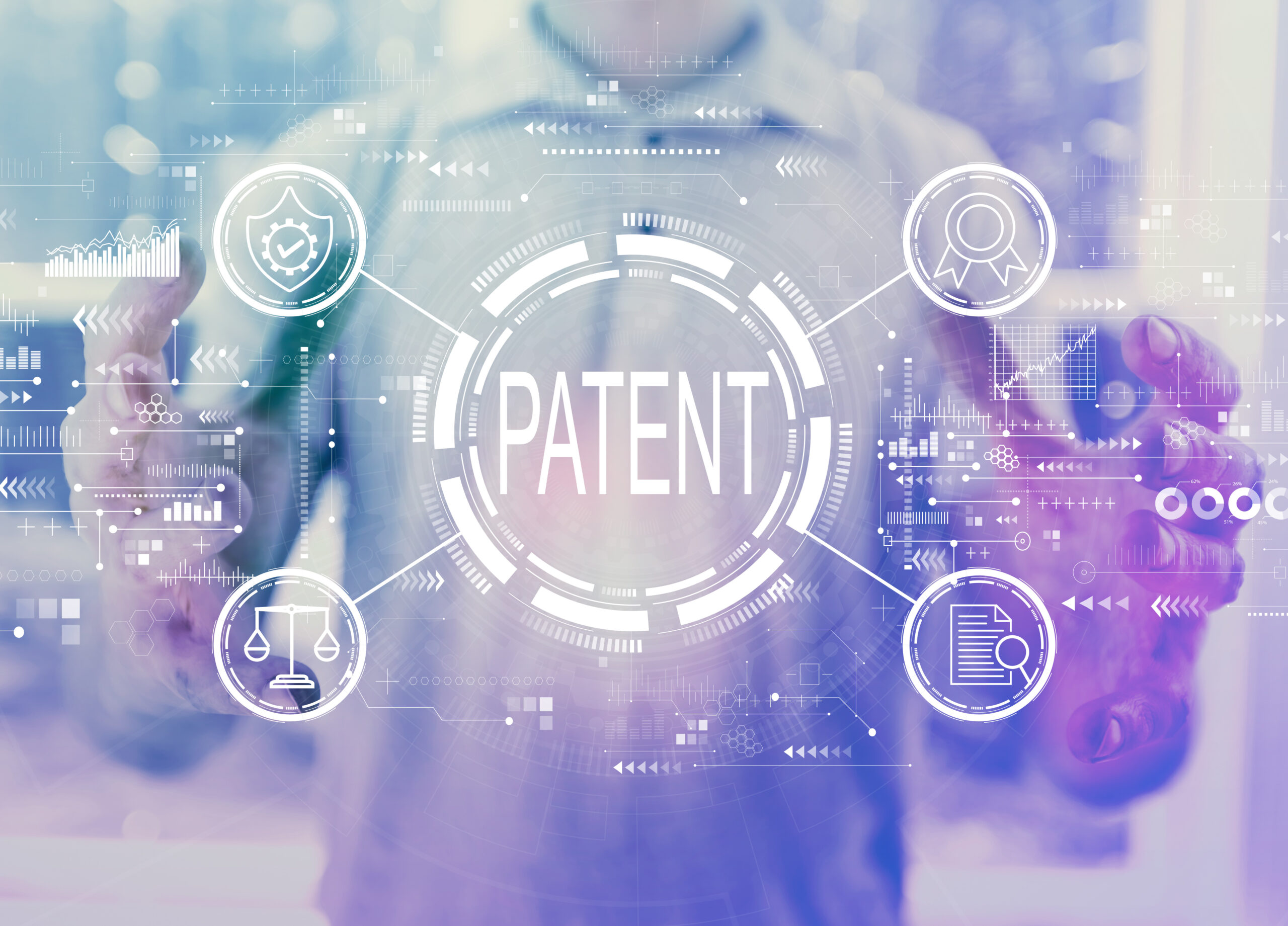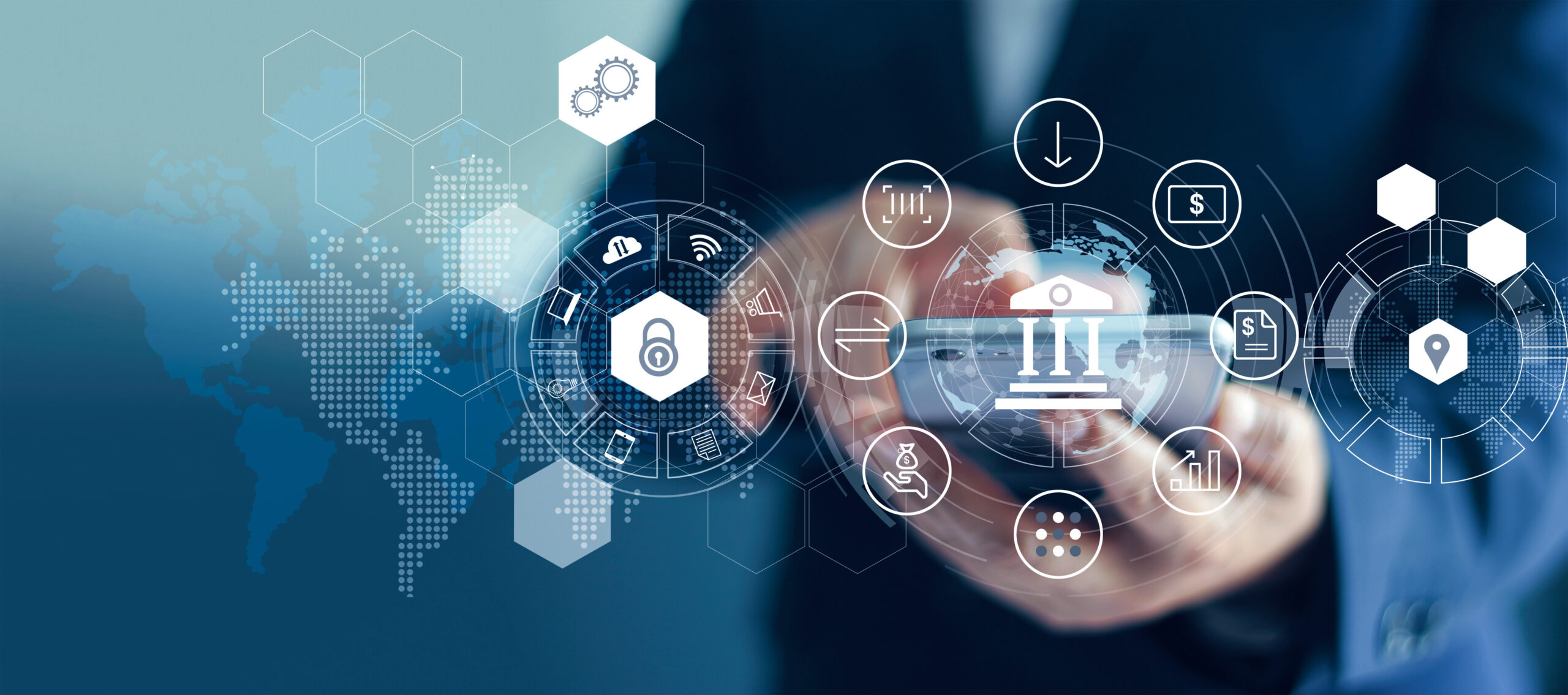By: Editorial Staff, Date: July 9th, 2024
As artificial intelligence (AI) continues to revolutionize various industries, its integration into inventions presents new challenges for patent law, particularly in the area of inventorship. The United States Patent and Trademark Office (USPTO) has actively addressed the complexities associated with AI-assisted inventions. In an effort to incentivize and protect human ingenuity in the age of AI, the USPTO published guidance, effective February 13, 2024, which provides a framework for determining whether a person can be named as an inventor for an AI-assisted invention.
This article delves into USPTO’s guidance on AI-assisted inventorship, exploring its implications for patent applications.

USPTO’s Perspective on AI and Inventorship
Under current U.S. Patent Law, only natural persons can be recognized as inventors. This means that regardless of AI’s role in the inventive process, it cannot be listed as an inventor on a patent application. USPTO’s position is rooted in the Federal Circuit’s definition of an inventor as “the individual or, if a joint invention, the individuals collectively who invented or discovered the subject matter of the invention” (35 U.S.C. § 100(f)). In legal interpretation, the term “individual” refers exclusively to human beings.
Key Considerations for AI-Assisted Inventions
The USPTO has provided guiding principles to help determine if a natural person’s contribution to an AI-assisted invention is significant.
- The use of an AI system in the invention process does not disqualify a human from being recognized as the inventor. As long as an individual makes a significant contribution to an AI-assisted invention, they can be acknowledged as an inventor or co-inventor.
During the patent application process, only natural persons should be listed as inventors or co-inventors. Non-natural persons, such as AI, should not be included, regardless of their contribution to the creation of the invention.
- Merely presenting a problem to an AI system does not automatically grant inventorship for the resulting invention. However, if the individual directs the AI to generate a specific solution, this constitutes a significant contribution.
- Recognizing an AI system’s output as an invention without further modification does not confer inventorship. Simply executing instructions from the AI system’s output does not constitute a significant contribution. However, modifying the output after experimentation can be considered a substantial contribution and may confer inventorship upon the individual involved.
- An individual can be considered an inventor even if they are not involved in every activity leading to the conception of the invention. If a person contributes by designing, building, or training an AI system to address a specific problem and derive a specific solution, they can be granted inventorship. Their role in the AI system’s creation is recognized as a significant contribution to the invention’s conception.
- Simply having control over or overseeing an AI system does not make a person an inventor unless they have made a significant contribution to the creation of the invention. Maintaining “intellectual domination” over the AI system alone is insufficient to confer inventorship. Without a substantial contribution to the invention’s creation, a person does not qualify as an inventor.
These principles highlight the necessity of a natural person’s significant contribution to the creation and development of an AI-assisted invention. Given AI’s usefulness in simplifying tasks that can help in the conception of inventions, the USPTO’s Guidance aims to clarify the issue of inventorship to ensure that proper credit is given to the contributors of these inventions. Patent practitioners should carefully consider these principles when granting inventorship for AI-assisted inventions to ensure that patent applications adhere to USPTO standards and legal requirements.
Navigate the patent eligibility of AI inventions at our webcast: Breaking Ground: Mastering Patent Eligibility in the Realm of ML, AI, and Software Innovations
Upcoming Webcasts
Consumer Finance 2025: Managing Risks and Opportunities in a Shifting Landscape
In a rapidly evolving financial landscape, understanding and adapting to emerging trends is crucial for success in consumer finance. Join Paul J. Lysobey, Consumer Finance Compliance Specialist at McGlinchey Stafford PLLC, in this live webcast as he delves into the latest developments and forecasts shaping the industry in 2025. He will address the unique challenges and opportunities that financial institutions and consumers face, providing actionable insights to navigate this shifting terrain.


